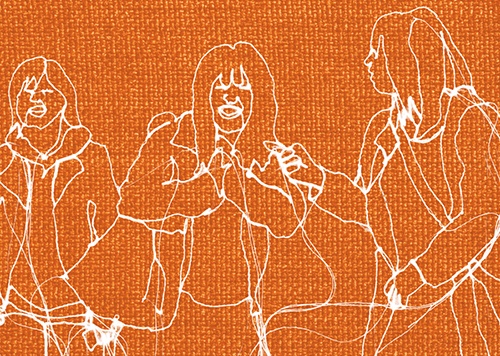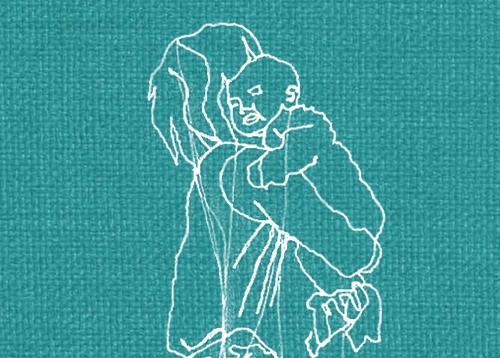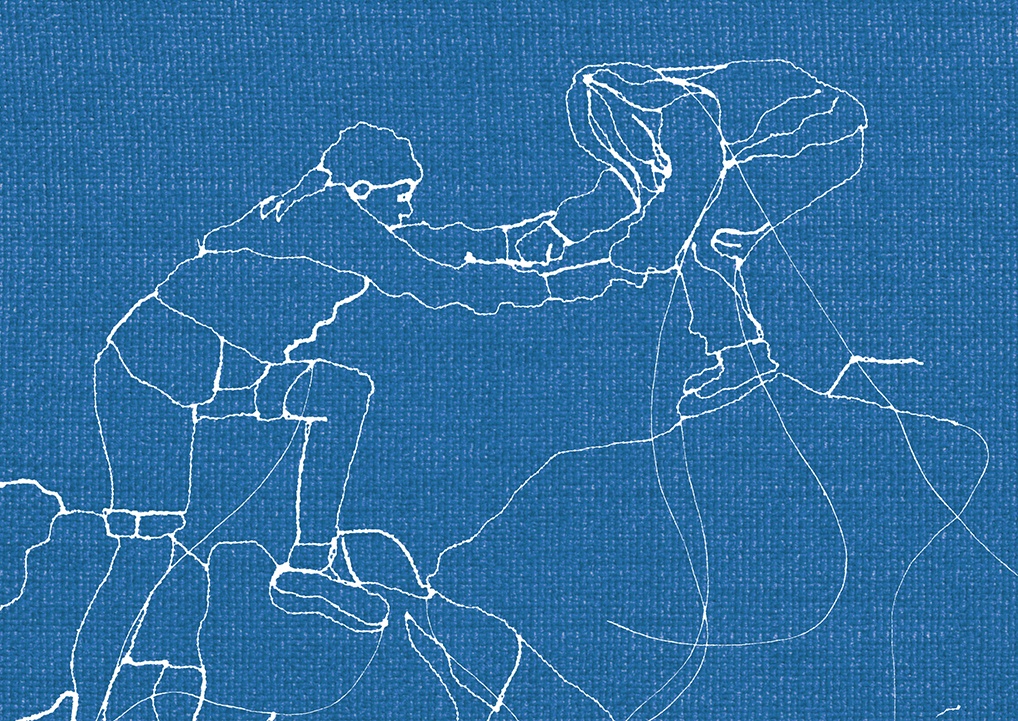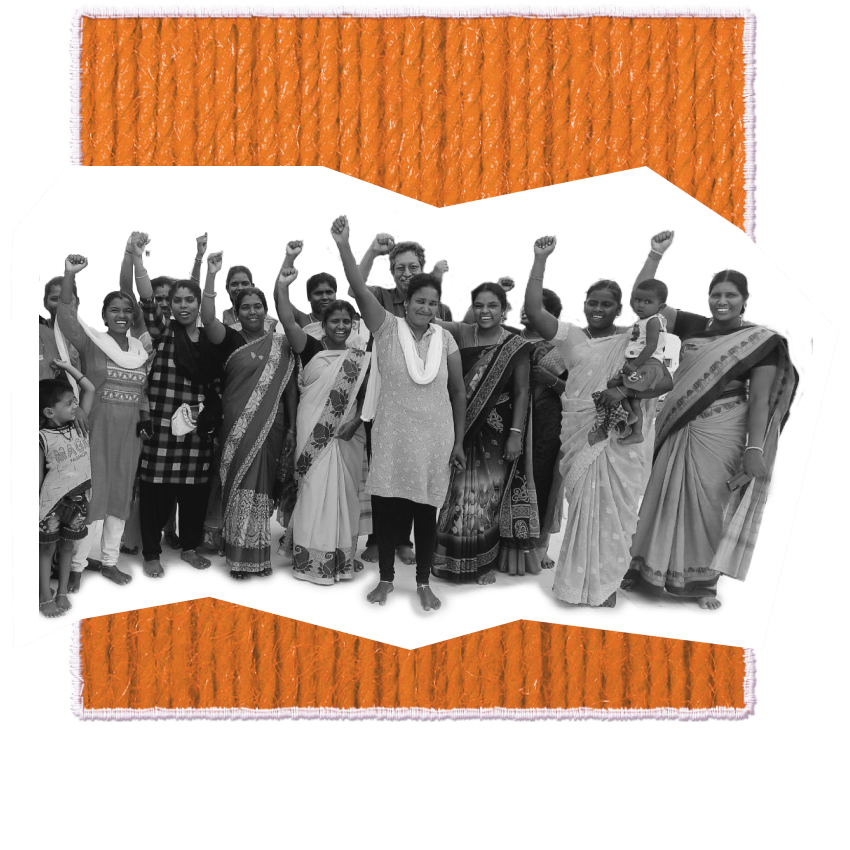
India
Women garment workers organize against gender-based violence
“Garment workers can raise their voices against workplace violence without the threat of retribution,” says Thivya Rakini.
This represents a sea change for thousands of the garment industry’s predominantly young female workforce, explains Ms. Rakini, president of the Tamil Nadu Textile and Common Labour Union (TTCU). With over 2,000 mills employing 280,000 workers, Tamil Nadu is India’s largest producer of cotton yarn, supplying both domestic and international markets, including well-known fashion brands. Most of these employees are young women, while management and supervisors are mostly male. This uneven power dynamic is exacerbated by the garment workers’ caste and migrant status, and by corporate efforts to avoid accountability for wrongdoing.
Existing unions were reluctant to address issues such as gender-based violence and harassment. “In Tamil Nadu, the garment industry is dominated by male-led trade unions, and the management and senior leadership are also men. Women’s issues never really had space,” says Nandita Shivakumar, an adviser with the TTCU. “What women workers wanted was for the labour movement to ensure gender-related issues are part of the core agenda; it’s not just about wages.”
“The workforce is 80 per cent women, 60 per cent of whom are from the Dalit community” – a marginalized caste in India, explains Ms. Rakini. “But the management and line leaders are men of the upper castes. It is not easy for them to listen when a Dalit worker says, ‘You are doing this wrong.’ That is something they find really hard.”
Frustrated, women garment workers made the decision to begin organizing themselves, and the TTCU was born. It is one of the first women-led labour unions in Tamil Nadu, and it is also Dalit-led. Membership grew quickly; it now represents more than 11,000 workers. Trust between its leadership and members enabled the union to act decisively when tragedy struck: In January 2021, Jeyasre Kathiravel, a Dalit woman and member of the TTCU, was murdered by her supervisor at a Dindigul garment mill owned by Eastman Exports, following months of sexual harassment. Her death marked a breaking point; her colleagues wanted not just justice for Kathiravel but systemic change to protect all women garment workers.
“What was different in Jeyasre’s case was that this was a village where the TTCU had a very strong union presence,” says Ms. Shivakumar. “The women had been in the union for a very long time. Jeyasre’s mother was in the union, and Jeyasre was in the union. So because it was such a village and such circumstances, there was strong solidarity and the general tendency to fall back to self-blame was not there[...] It was like whatever happens, we don’t care, we’re going to fight. It was that ‘Me Too’ moment, you know, for factory workers.”
Their grief and frustration fuelled a global campaign, “Justice for Jeyasre”. It culminated in the April 2022 signing of the Dindigul Agreement to Eliminate Gender-Based Violence and Harassment, a historic deal that enshrines multiple layers of protection in the workplace through a set of supply chain agreements with a system of checks and balances intended to ensure accountability for gender-based violence and harassment at all levels. If management does not adhere to the stipulations of the agreement, brand signatories are legally required to impose business consequences on Eastman Exports to ensure compliance. Signatories include the supplier, the TTCU and the union’s allies, including the Asia Floor Wage Alliance and the Global Labor Justice - International Labor Rights Forum. The agreement was also signed by international fashion brands that purchase garments from the factories, including the H&M Group and Gap Inc.
Today, Ms. Shivakumar explains, “There are women leaders in each production line acting as shop floor monitors. They have a lot of power to raise issues and they will not face retaliation.”
And the impacts extend beyond the workplace, too. Many garment workers in Tamil Nadu are domestic migrants who stay in factory-arranged hostels and use factory-arranged buses; both were sites of exploitation. “Drivers harass women, saying ‘If you give me a sexual favour, even if you come late I’ll wait for five minutes,’” says Ms. Shivakumar. Business owners used to shrug off any responsibility. “They used to say, ‘These are contracted services. It’s not our responsibility.’”
The Dindigul Agreement addresses this. “We’ve tried to cover not just the workplaces but buses that transport workers and hostels, because a lot of the issues happen on buses… Now we’ve got monitors on the buses.”
One year on, the results of the agreement have exceeded the expectations even of its founders. Ninety-eight per cent of total grievances have been resolved (Asia Floor Wage Alliance and others, 2023), including 100 per cent of complaints related to gender-based violence and harassment. Over 2,000 workers have received training on identifying and preventing abuse, including senior management, support staff and external contractors. The agreement has also had positive results for the manufacturer. In September 2022, the Dindigul garment factory was removed from a list of manufacturers banned by the United States for suspicion of forced labour; the Dindigul Agreement was credited in the decision.
“In one year, we have made the workers understand that we are for them,” says Rakini. “But now the top management also understands that we are not for the workers alone, just protesting against management. We are also for the business.”
Now, the TTCU is negotiating for these protections to be expanded to other suppliers – but it is determined that each new agreement must be tailored to the needs of the workers it covers. “Wherever it goes, the agreement should speak to the local issues of women workers. That’s the lesson that we learned,” says Ms. Shivakumar. “Now what we need is to expand the agreement to more places so that these protections are available in every factory and this becomes the norm. That’s what we need to do.”
Artwork
Textiles blur the boundary between art and function, practicality and beauty. Women’s movements have long used textiles to draw attention to a range of issues – from body positivity to reproductive justice and systemic racism. Contemporary artists and women-led textile collectives continue this tradition by producing artwork which reflects their local environments and traditions. As it has for thousands of years, textile art continues to offer women around the world the means to connect with previous and future generations of women in their families and communities.
We would like to thank the following textile artists who contributed to the artwork for this report:
-
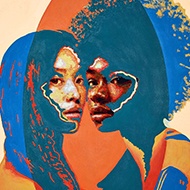
Nneka Jones
-
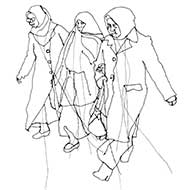
Rosie James
-
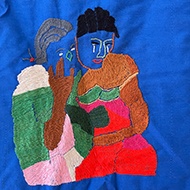
Bayombe Endani, represented by the Advocacy Project
-
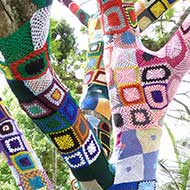
Woza Moya
-
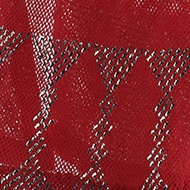
The Tally Assuit Women’s Collective, represented by the International Folk Art Market
-

Pankaja Sethi



